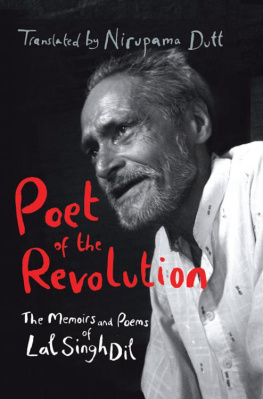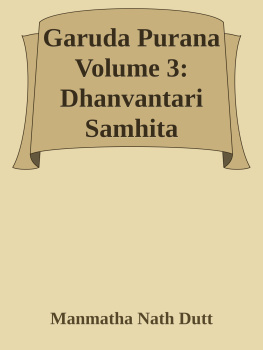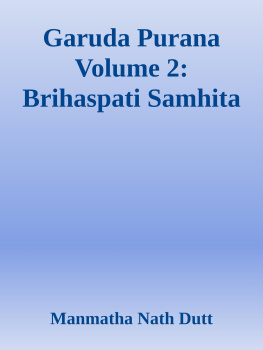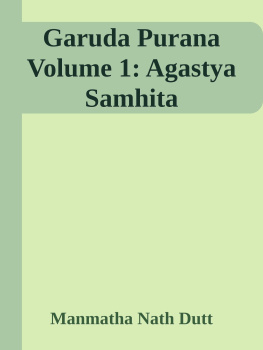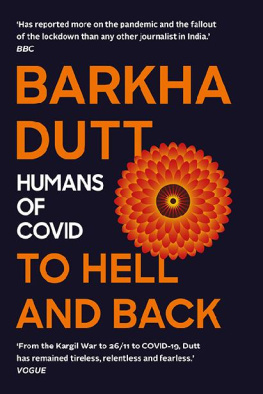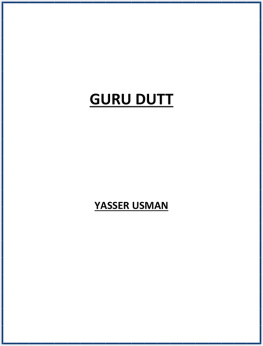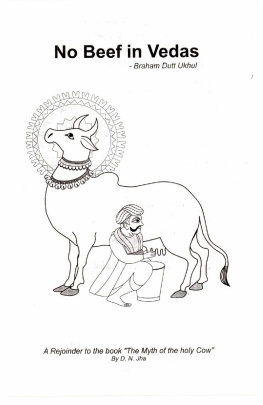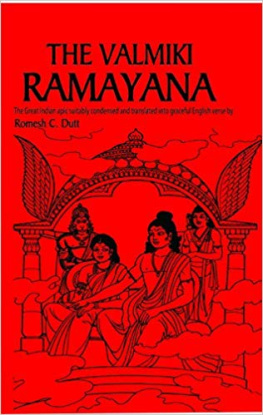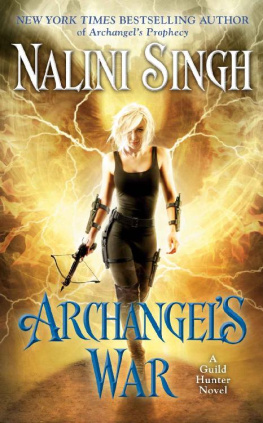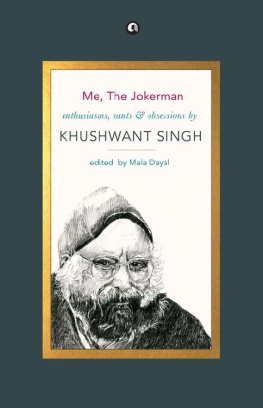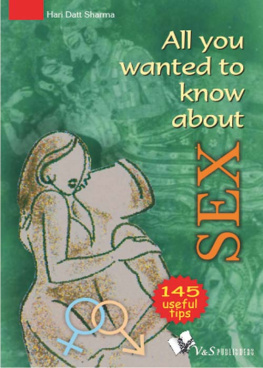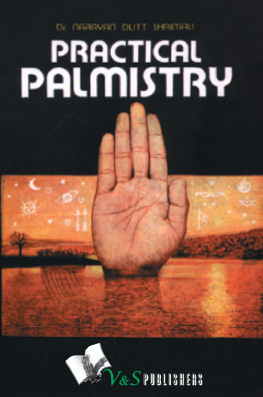Nirupama Dutt - Poet of the Revolution: The Memoirs of Lal Singh Dil
Here you can read online Nirupama Dutt - Poet of the Revolution: The Memoirs of Lal Singh Dil full text of the book (entire story) in english for free. Download pdf and epub, get meaning, cover and reviews about this ebook. year: 2012, publisher: Penguin Books Ltd, genre: Non-fiction. Description of the work, (preface) as well as reviews are available. Best literature library LitArk.com created for fans of good reading and offers a wide selection of genres:
Romance novel
Science fiction
Adventure
Detective
Science
History
Home and family
Prose
Art
Politics
Computer
Non-fiction
Religion
Business
Children
Humor
Choose a favorite category and find really read worthwhile books. Enjoy immersion in the world of imagination, feel the emotions of the characters or learn something new for yourself, make an fascinating discovery.
- Book:Poet of the Revolution: The Memoirs of Lal Singh Dil
- Author:
- Publisher:Penguin Books Ltd
- Genre:
- Year:2012
- Rating:4 / 5
- Favourites:Add to favourites
- Your mark:
- 80
- 1
- 2
- 3
- 4
- 5
Poet of the Revolution: The Memoirs of Lal Singh Dil: summary, description and annotation
We offer to read an annotation, description, summary or preface (depends on what the author of the book "Poet of the Revolution: The Memoirs of Lal Singh Dil" wrote himself). If you haven't found the necessary information about the book — write in the comments, we will try to find it.
Poet of the Revolution: The Memoirs of Lal Singh Dil — read online for free the complete book (whole text) full work
Below is the text of the book, divided by pages. System saving the place of the last page read, allows you to conveniently read the book "Poet of the Revolution: The Memoirs of Lal Singh Dil" online for free, without having to search again every time where you left off. Put a bookmark, and you can go to the page where you finished reading at any time.
Font size:
Interval:
Bookmark:

The Memoirs and Poems of Lal Singh Dil
Translated from the Punjabi
by Nirupama Dutt

Your Time
When
a million suns die
then
your time will come.
Isnt it so?
Lal Singh Dil

Pages Saved from the Storm
The first difficulty that I encounter in writing about Lal Singh Dil is the fact that I am not good at remembering dates and Dil never wrote dates on his letters.
I think it was the summer of 1971 or 1972. By then a large number of Naxalites had either been killed or captured by the police. Surjit Hans was here from England. I went to meet him in his Sarabha Nagar home in Ludhiana. Amarjit Chandan brought Lal Singh Dil to see us there. Dil with his short stature and dark, round face held no attraction for me. But I was impressed by his poetry. Chandan had given me Dils diary and I had published five of his poems in Lakeer.
In the evening, we sat on the terrace, drinking tea and trying to talk. However, the conversation was not really flowing. Chandan and Dil went away. Surjit Hans had to leave for Delhi early next morning. I caught the bus to Jalandhar because that very day the police had raided the Sarabha Nagar house. Dil had been brutally tortured by the police after the action at Chamkaur Sahib. He had served three horrendous years in prison and he looked scared.
After some time I read a letter from Dil. It was written from some obscure place in Uttar Pradesh in which he mentioned how he was walking by the railway line with thorns digging into his feet when, in the cold moonlit night, he passed through a jungle and saw the crescent moon etched on his palm. He was singing the tarana of Faiz, Badhate bhi chalo, katate bhi chalo. This spiritual experience resulted in his being drawn towards Islam. This letter brilliantly conveys the thoughts and feelings of a militant poet losing his mental balance. I regard it as a unique achievement in Punjabi literary prose. The incident described in the letter forms part of Dils memoirs.
When Lal Singh Dil embraced Islamfirst becoming Muhammad Bushra, then Wali Muhammad and then Wali Muhammad Samralwaviand wrote his first Urdu verse in praise of the poet Rasool before penning ghazals, his restless body and soul found peace. It is evident from his letters that he has found shelter in a great power.
In a letter from Mohammadi, he writes: Yes, I am telling the truth. The leather workers wash their face with water from the same lota used by those who write the Quran and those who spread the religious word. He was trying to say that the Brahmin and the Chamar were using water from the same utensil. This was something that put his troubled mind to rest.
I received one letter from Lakhimpur Kheri. It was evident from his letters, many of which are lost, that sometimes he worked with the imam in the mosque, sometimes he was caretaker of the factory, sometimes he looked after the orchards, sometimes he became a cloth vendor moving from village to village. He also lived in a timber godown. He became a cook for the landlord, worked as domestic help in the home of a thanedar and was a farm help for three Punjabi brothers.
During this period he put together a manuscript of his poetry. It was dedicated to the Jungli Buddhist. I was amazed at reading his poems. When did he find the time to write such wonderful poems? Amarjit Chandan took the manuscript from me and published them under the title Bahut Saare Suraj (A Million Suns). I think he wrote these poems while working at the farm. His mental health was fine and he was inspired to write these poems after reading Pandit Jawaharlal Nehrus Discovery of India, as he says in one of his letters.
He returned to Samrala in 1982. My wifes nephews had supported him at the mosque. One day, on a visit to Samrala, I ran into him. Dil was wearing chequered pyjamas and kurta, a worn-out brown woollen waistcoat and a matching prayer cap. He had shaved off his moustache and his eyes were lined with surma. Looking at him, I was reminded of many working-class Muslims. True enough, Dil had lived among Muslims in Uttar Pradesh, who were not miserable in their poverty but considered themselves blessed because they sat with the Pathans, Mughals and Turks in the mosque and performed namaz with these kindered folk whom they called brothers.
Dil spoke humbly with downcast eyes. He spoke as though he were a representative of Islam. He told me he performed his namaz five times a day. He did not take any intoxicant. He was also preaching Islam and converting people to this religion. First of all he had made his mother recite the Kalma and become a Muslim because Jannat lay at a mothers feet. If he had not converted his mother, the doors of heaven would had been shut to him forever.
Hearing him talk like this, I was reminded of his old letter which he had written soon after converting to Islam. He had written that the name of Mao should be erased from his writings because the name was sinful. He had also said that whatever he had written in praise of God should be burnt.
Who was this Lalu? Many images were overlapping in my mind. There was no anger or rebellion in Lalu. He seemed to be a sadhu or saint. His speech had traces of the Uttar Pradesh accent. He was also using Urdu and Arabic words.
He told me that he still had one desire and that was to get a burqa stitched and marry a Muslim woman in Malerkotla. He did not care even if she were a widow. Hazrat Mohammad Sahib too had married a widow and this was a very holy thing to do.
We travelled by bus from Samrala to Khanna. From there we started walking to my village Badgujran. Throughout the three and a half miles he kept talking about himself, and how he was blessed in his new role as a Muslim. He said he had received a lot of love from the Muslim brotherhood.
Whenever I asked him if he had found a womans love, he would avoid the topic or confess that wherever he lived he sought out an unmarried woman and kept looking at her or thinking about her. He would imagine that one day he would marry her. One fascination would end and another would begin, and this would go on but Lalu was never disappointed. A nikah was not for him and, not surprisingly, it never happened. But Lalu was satisfied with his fantasies.
Once he came back from Uttar Pradesh to Samrala and forced his mother to get him a burqa made for the woman he was going to marry. His mother sold the wheat in the house and raised money for the burqa. As a result, it became difficult for her to survive. Later a time came when Lals younger brother would call his mother home for meals but not Lal. The mother would eat some of the food and hide some rotis in her chunni and bring them for her son.
There was a time when Lal had no work at all. He would sit with the baba in the cremation ground. The baba would share his meal with Lal and his dog. Lal would talk to the baba and intake poppy husk. He had also learnt to meditate. He would sit for long hours, meditating on Amrita Pritam. After Nirupama started taking him from his tea shop for beer and cigarettes on the bridge over the Neelon, he would keep wondering what she would eat and where she would sleep if she moved in with him. He also meditated for long about a woman leader. Once he found a white marble in the cremation ground. He wrapped it in a silk handkerchief and told everyone that it was a naagmani. If he came across anyone ailing or unhappy, he would read the Kalma and touch the person with the marble to drive away the demons.
Font size:
Interval:
Bookmark:
Similar books «Poet of the Revolution: The Memoirs of Lal Singh Dil»
Look at similar books to Poet of the Revolution: The Memoirs of Lal Singh Dil. We have selected literature similar in name and meaning in the hope of providing readers with more options to find new, interesting, not yet read works.
Discussion, reviews of the book Poet of the Revolution: The Memoirs of Lal Singh Dil and just readers' own opinions. Leave your comments, write what you think about the work, its meaning or the main characters. Specify what exactly you liked and what you didn't like, and why you think so.

